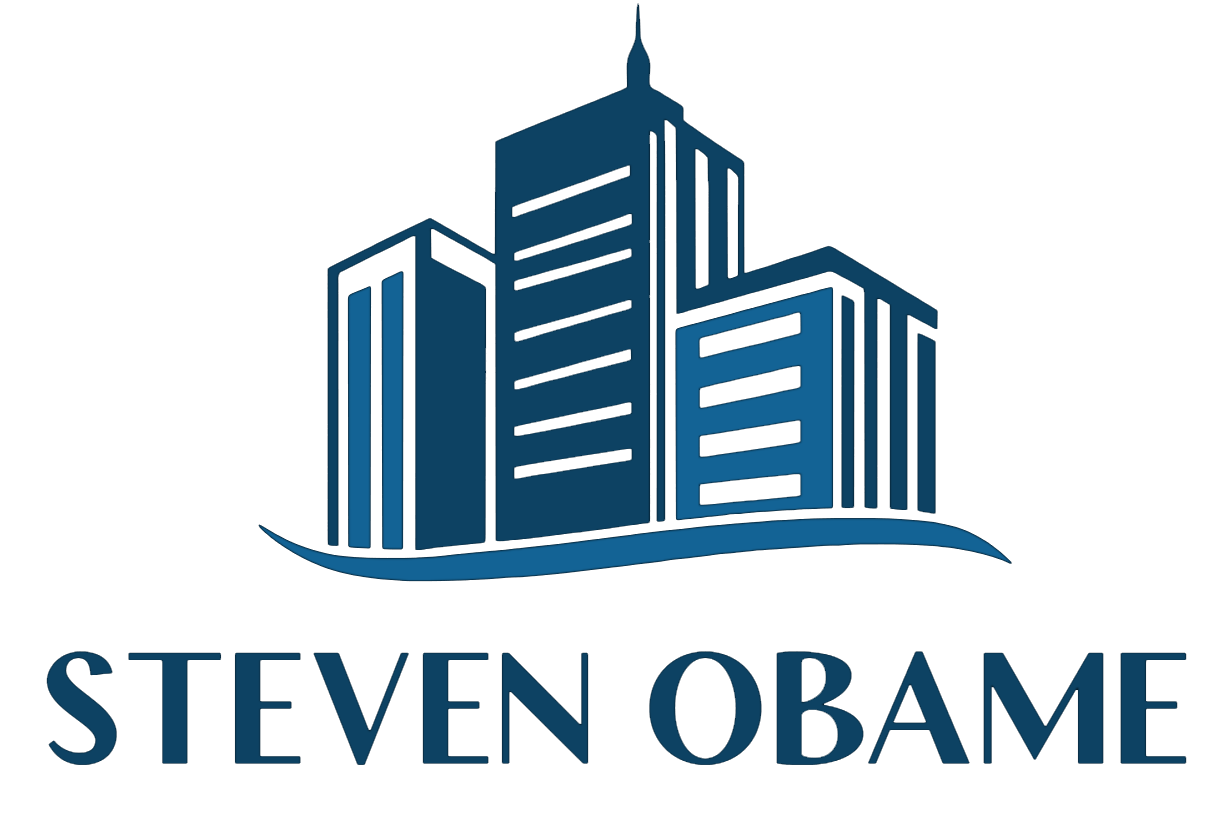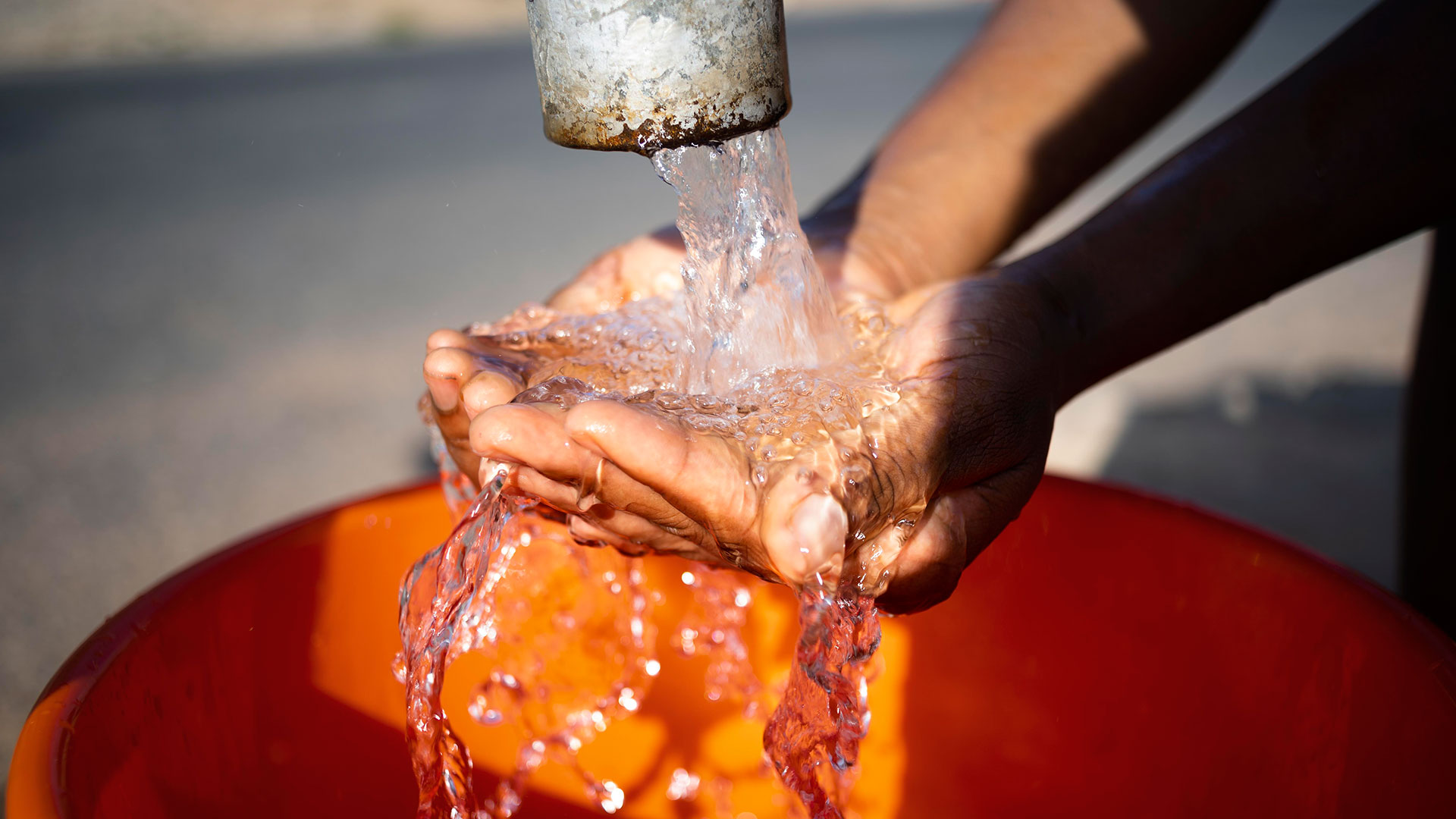The 2024 Article IV Consultation published by the International Monetary Fund provides a detailed, multidimensional snapshot of Gabon’s economy and public policy landscape.
One of the most urgent revelations concerns the electricity sector. The IMF clearly identifies Gabon’s power supply as unreliable, too costly, and incapable of supporting growing demand. Coverage remains uneven, especially in the country’s northern and eastern regions. Technical and commercial losses weigh heavily on the financial health of SEEG, the national utility provider. The Fund calls for deep investments in grid rehabilitation, prepaid metering systems, and better enforcement of maintenance standards. While previous reforms have attempted to restructure tariffs, the IMF insists on a balanced model that protects vulnerable households through targeted subsidies, while gradually introducing cost-reflective pricing.
Water sector challenges are no less structural. Even with donor-backed programs like PASIG, access to potable water remains below 65% in many provinces. This gap is attributed to the same set of recurring issues: poor asset maintenance, institutional overlap, and lack of reliable operational data. The IMF supports an increasingly popular position in Gabonese civil society, the separation of electricity and water governance into two distinct and specialized structures. The report also underlines the need for long-term financing solutions to guarantee the sustainability of rural water systems, especially as climate pressures intensify.
|
|
On a broader scale, the report questions the effectiveness of Gabon’s public investment strategy. Though the country spends significant amounts on infrastructure, the quality of these investments remains weak. According to the IMF, Gabon scores only 2.1 out of 4.0 on the Public Investment Efficiency Index. SEEG collects only about 65% of expected revenues. Major capital projects experience average delays of 18 to 24 months. A large portion of these delays and inefficiencies can be traced back to the absence of feasibility studies, unclear procurement procedures, and weak project oversight mechanisms. The IMF recommends the creation of a centralized infrastructure dashboard, one that is digital, updated in real time, and integrated into the Ministry of Budget and Planning’s monitoring system.
The report also emphasizes that Gabon’s ambitions for a green energy transition must be rooted in strong institutions. Projects involving solar, hydro, and smart-grid technologies will not succeed without regulatory bodies that function independently, a skilled workforce in the energy sector, and procurement systems that are fair, stable, and transparent. This is a critical reminder: technology alone is never enough. Institutional capacity is what turns potential into performance.
What emerges from this analysis is that Gabon’s infrastructure dilemma is not merely a matter of technology or capital. It’s a systemic problem, driven by institutional fragmentation, inconsistent budgeting, and weak accountability frameworks. Fixing this requires more than donor money or new engineering solutions. It calls for smarter, more inclusive governance and an unrelenting focus on performance and execution.
This IMF report does more than describe problems, it calls for action. And as professionals in infrastructure and energy strategy, we have a duty not only to read and understand these insights but to apply them, adapt them, and demand better. The era of diagnosis is over. Execution must now be the national priority.
Source : International Monetary Fund, imf.org
Steven OBAME










